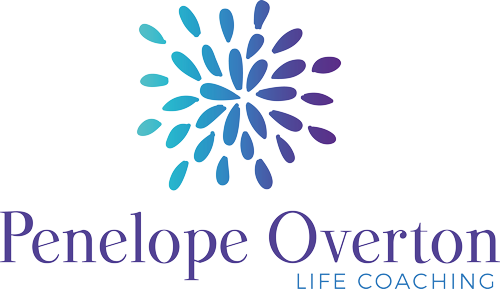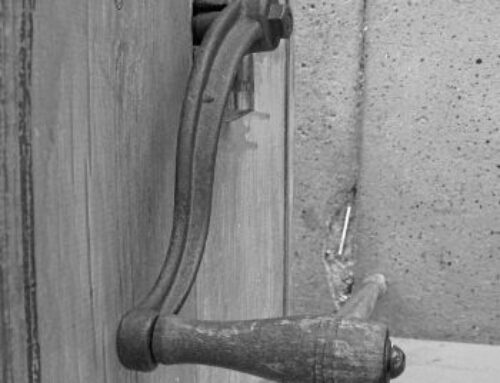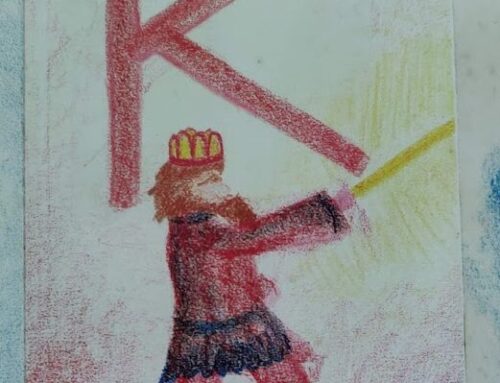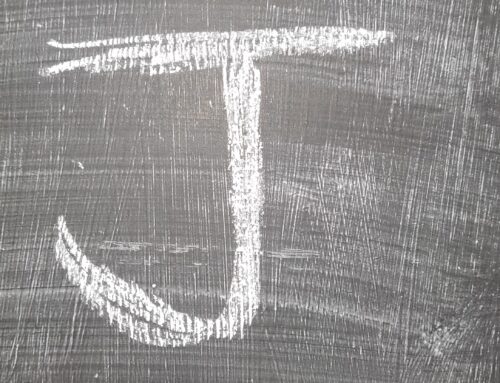One of the ways my daughter made my recent lockdown birthday special was to arrange a surprise breakfast zoom with my sisters; there we all were, croissants, coffee and flowers in three different houses.
My sisters had prepared a little game. I had to work out some clues which would lead me to their gifts. The clues related to images, items and icons from my childhood.
One of the clues was about my grandparents’ car, another was about push-along donkey, and a third referenced a pair of stilts; all, as far as my sisters were concerned, mutually acknowledged as uniquely relevant to me as a kid.
I didn’t manage to guess a single one, not because I am catastrophically useless at lateral thinking (which I am). I didn’t get any of them right, because this imagery, which represented me to my sisters, didn’t mean the same to me.
I have no memory of my grandparents’ car; I’m pretty sure that donkey belonged to my sister; and I never got the hang (or point) of stilts. Roller skates were more my thing.
It caused me to think. Other people’s impressions of me are inevitably different to my own; different scenes, ideas, understandings and emphasis. Just as my impression of other people is inevitably different to theirs of themselves. We will never know what goes on in someone else’s head, try as we might, and assume as we will. It will remain a wonderful mystery.
Often, at the end of a session, I will ask my client what they are taking away from the conversation. Sure, the purpose is to help them take stock; it also works for me as a form of feedback; but most interestingly it regularly demonstrates that they are making something important out of a moment I may have barely noticed.
We are all so intricately different. What is true and important for one person will never be exactly the same as what is true and important for another. The best we can do is ask, and then listen, and accept no one will ever really get us, except ourselves.




